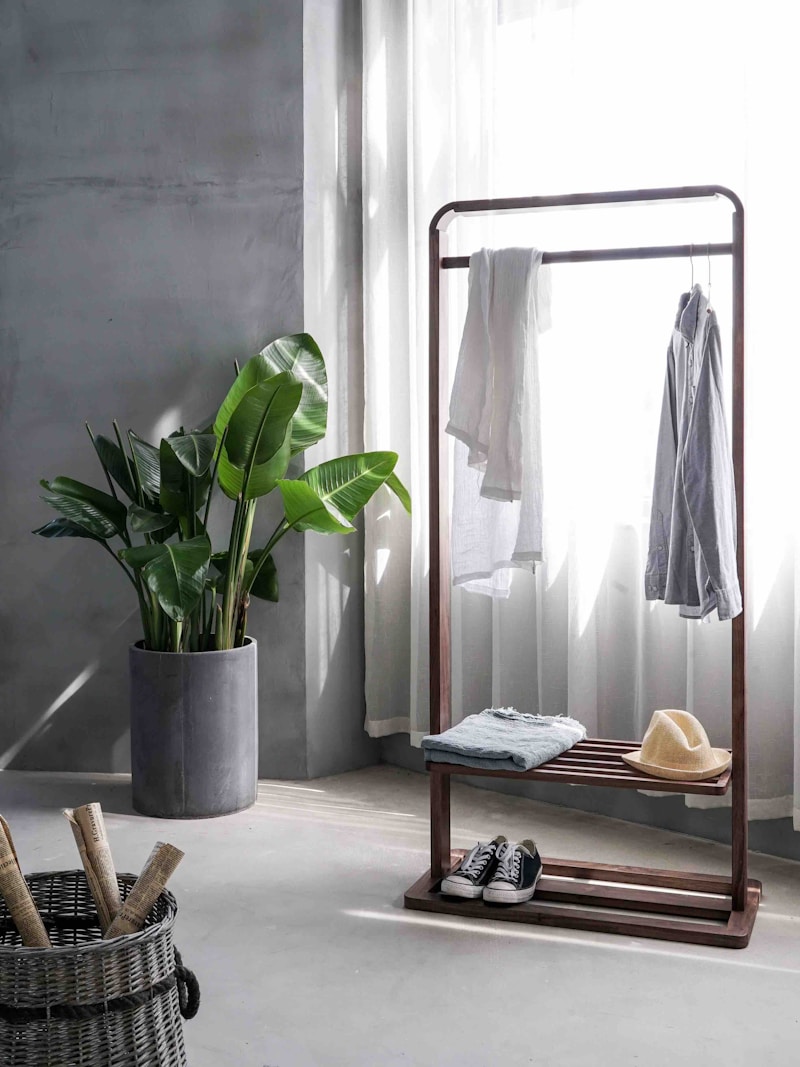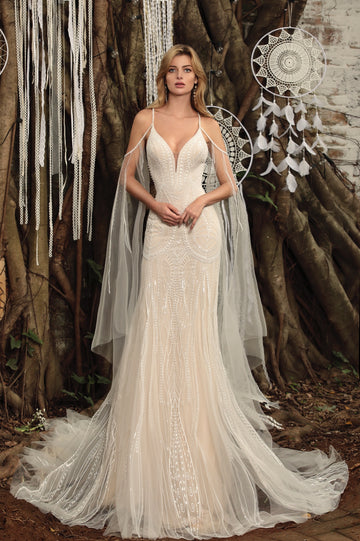Zoning Laws Affecting Bridal Boutiques: What You Need to Know
Zoning Laws Affecting Bridal Boutiques: What You Need to Know
Opening a bridal boutique can be a dream come true for many entrepreneurs passionate about weddings and fashion. However, before you embark on this exciting journey, it's important to understand the various zoning laws affecting bridal boutiques. These regulations can significantly impact your business location, operations, and marketing strategies. This article will explore the intricacies of zoning laws as they pertain to bridal boutiques, providing valuable insights for prospective owners.
Understanding Zoning Laws
Zoning laws are local laws that dictate how land can be used in specific areas. They are designed to promote orderly growth and development, ensuring that businesses and residences coexist harmoniously. Zoning regulations can impact everything from the appearance of your boutique to its operational hours and customer traffic.
Types of Zoning Laws
There are several types of zoning laws that may affect bridal boutiques:
| Zoning Type | Description |
| Residential | This zoning type is primarily for housing and may limit or prohibit commercial activities, including retail. |
| Commercial | Areas designated for business activities where bridal boutiques will typically be located. |
| Mixed-Use | These areas allow for both residential and commercial activities, providing flexibility for boutiques and other businesses. |
| Special Use | Designated for specific types of businesses that may require additional regulations or permits. |
How Zoning Laws Impact Bridal Boutiques
The effects of zoning laws on bridal boutiques can be profound. Here are several key ways they come into play:
1. Locational Restrictions
Bridal boutiques need to be located in zones that permit retail activities. If your chosen location falls under residential zoning, you may need to apply for a special use permit, which can be time-consuming and uncertain.
2. Size and Layout Limitations
Some zoning laws impose restrictions on the size and layout of commercial spaces, which could limit your ability to showcase your bridal collection adequately. Understanding these regulations is critical when designing your storefront and interior layout.
3. Parking Requirements
Sufficient parking is essential for customer access, and zoning laws often dictate how many parking spaces must be available for your boutique. If your location does not meet these requirements, you may have difficulty attracting customers or even obtaining the necessary permits to operate.

4. Signage Regulations
Visibility is key for attracting customers. However, many zoning laws have specific guidelines on signage dimensions, locations, and lighting for commercial properties. This can influence how effectively you can market your bridal boutique from the street.
Navigating Zoning Laws: Key Steps for Prospective Boutique Owners
Once you've identified the potential impacts of zoning laws, follow these steps to ensure compliance and smooth operations:
1. Research Local Zoning Regulations
Every municipality has its own set of zoning laws. Understanding your local regulations is crucial for successfully setting up a bridal boutique. You can often find this information on your city or county’s website.
2. Consult with Local Authorities
Consider reaching out to local planning departments to discuss your business plans. They can provide insights into zoning classifications and guide you through any permitting processes that may be necessary.
3. Evaluate Potential Locations
As you scout for locations, analyze each site's zoning designation. Look for commercial or mixed-use areas that align with your vision for the boutique.
4. Investigate Special Use Permits
If you find a perfect location but discover that zoning laws will impede your business, investigate whether you can apply for a special use permit. This process may require public hearings, so be prepared to advocate for your business.
Common Questions About Zoning Laws and Bridal Boutiques
As you consider opening a bridal boutique, you may have additional questions regarding zoning laws:
What if I operate from home?
If you plan to run a bridal boutique from your home, be aware that residential zoning laws often restrict commercial activities. You may need a special permit, and local homeowners’ associations could have additional regulations.
How can I increase my chances of obtaining a special use permit?
Present a comprehensive business plan that outlines customer impact, traffic patterns, and how your boutique will enhance the neighborhood. Be prepared for public hearings and community pushback.
Do zoning laws vary significantly by state?
Yes, zoning laws can vary significantly depending on the municipality and state. Always check the local regulations in the area where you plan to operate.
Conclusion: Key Takeaways and Recommendations
In conclusion, understanding zoning laws affecting bridal boutiques is vital for establishing a successful business. Entrepreneurs must navigate the complexities of local regulations, parking requirements, signage laws, and potential permits that may be needed for their bridal boutiques to flourish. Always conduct thorough research and consult with local authorities to ensure compliance and maximize your chances of achieving your business goals.
By taking the time to understand and comply with zoning laws, you can avoid costly mistakes and position your bridal boutique for long-term success. With a carefully chosen location that aligns with zoning regulations, you will be one step closer to realizing your dream of owning a bridal boutique.
Keep these considerations in mind as you embark on your entrepreneurial journey, and best of luck with your bridal boutique!
